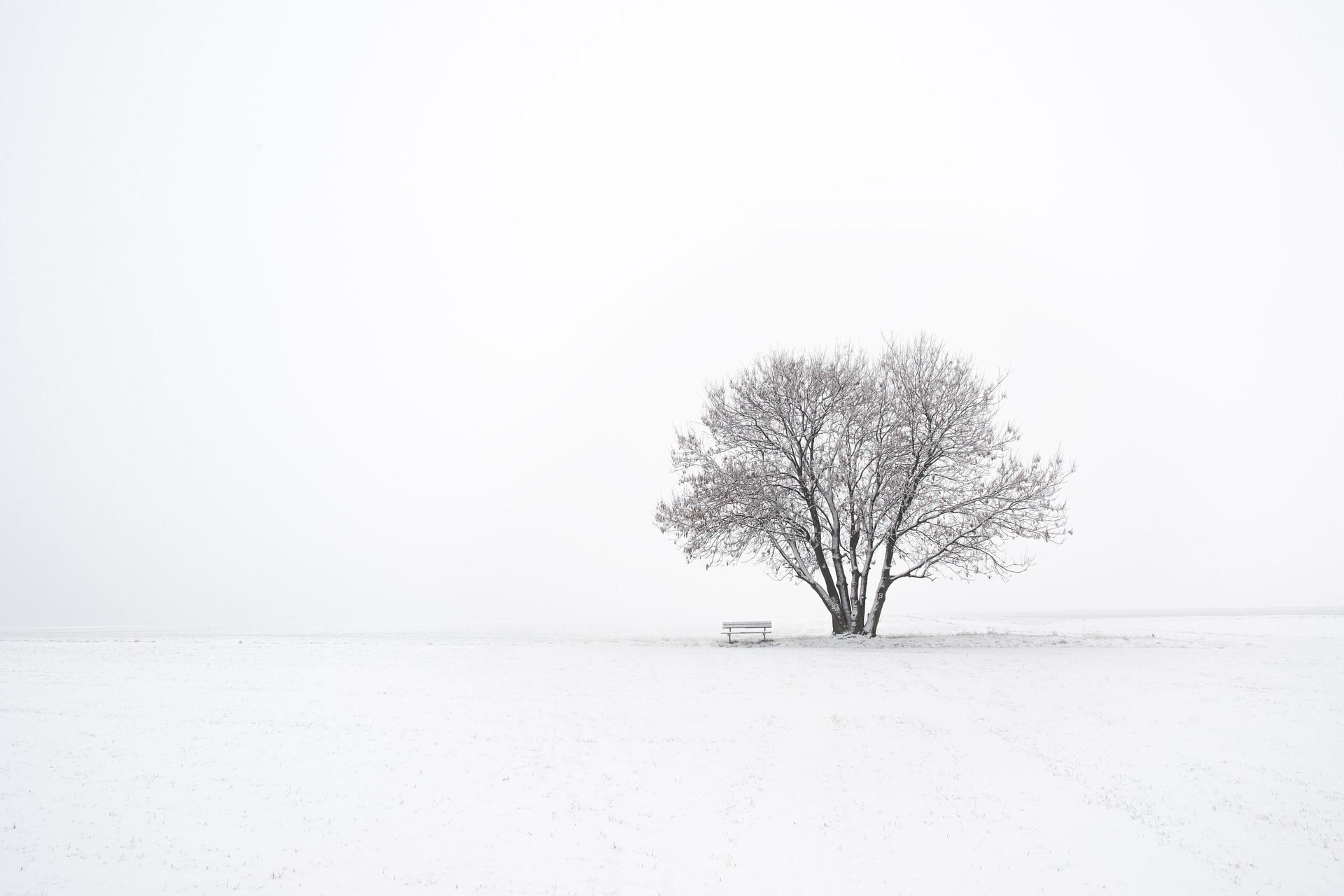Minimalism is more than the absence of possessions. It is about choices.
“To be free from suffering, free yourself from attachments.”
Buddha
A Lesson
Minimalism taught me that I did not need a bag of potting soil— not now. It could wait. How long? A week, maybe two—or not at all.
During any other time of my life, I would have jumped in the car and not given the trip a second thought. Why? Because I wanted it, now. Did I need it? Could it wait?
No. Spring had opened its doors, and I wanted potting soil. While I’m out, I could get some geraniums, marigolds, a new ceramic pot.
I stopped and thought about how I get sucked into instant gratification.
Here’s how the scene would play out.
Other things I wanted would flash before me as I drove to the closest store. You learn to stack your errands when the drive to the nearest shopping exceeds ten miles one way. At 35 miles per hour, that’s at least 20-25 minutes.
Add on the time in the store and you have a half-day excursion in front of you. That one bag of potting soil at one store can morph into three or more stops. More things I may or may not need.
Today looks nothing like a typical day. With stores closed, lines of people spaced six feet apart, we take a chance. Is the chance worth taking for a bag of dirt?
Priorities take a new shape, and I realize how the power of “stuff” invades your life. Throughout our marriage, we have dealt with the loss of jobs, income, and the struggles that come with little or no income.
I know how to take one whole raw chicken and make three full meals for a family of five. Calculator in hand, I’ve anguished over buying cake mix for a birthday or milk for the coming week. Some of you face those choices now. These words may appear hollow and a poor substitute for what you need most today—this very moment.
Minimalism
All these thoughts ran through my mind as I muddled over a silly bag of potting soil. It could wait. It did wait.
Our insatiable hunger for more leaves us starving for life’s most precious gifts. A few months ago, I began exploring this concept of minimalism.
Tiny houses can limit the number of possessions. Marie Kondo coaxes us to consider if this thing brings us joy. Amid the noise of excess, I hear a murmur, sometimes a rumbling, that more is not more. Less is more. Less can bring joy.
Minimalism doesn’t equate to poverty or riches, haves or have nots. Joshua Fields Millburn and Ryan Nicodemus describe minimalism as a tool for finding freedom.
“Freedom from fear. Freedom from worry. Freedom from overwhelm. Freedom from guilt. Freedom from depression. Freedom from the trappings of the consumer culture we’ve built our lives around. Real freedom.”
I need that tool today. Joshua and Ryan don’t see the problem as owning things. The problem arises in the meaning we attach to those things.
When the stuff in our life becomes more important than life, we have strayed to the edge. A new car, another pair of shoes, and more belongings do not make us whole or wholehearted.
If anything, excess possessions chain us to a lifestyle that we can rarely sustain. Once we have the new and shiny, it soon becomes old. The cycle begins again.
The Question to Ask
According to Leo Babauta minimalism doesn’t mean living a stripped-down monk-like existence.
“It’s living without an obsession with material things or an obsession with doing everything and doing too much. It’s using simple tools, having a simple wardrobe, carrying little and living lightly.”
No rules govern a minimalist approach to life. Leo reduces it to one critical question:
What is important to you?
Courtney Carver’s life came undone the day she received a phone call. She had Multiple Sclerosis. Her moving testimony and story answer Leo’s question, “What is important to you?”
“Getting rid of everything that doesn’t matter allows you to remember who you are. Simplicity doesn’t change who you are, it brings you back to who you are.”
—Courtney Carver, Soulful Simplicity
Don’t worry, you can keep those 200 books. Because the question doesn’t ask how much or how little. The question asks, “What’s important?” What do you need to let go of to find you?
“Simplifying your life invites you to start peeling back the layers of excess, outside and in. Once you remove all the things that have been covering you up and holding you back, you can step into yourself, back into your heart, and be you again.”
Find You
You see, this story is not about whether I buy a bag of soil. No. The story goes much deeper. You think you can do without—until you must make a choice. Being safe or the gratification of a want.
I realized that I must continue to answer the question, “What is important to me?”
Can I let go of possessions? Yes, and slowly, I am letting go of things. Sending items that I no longer use to the women’s shelter in our community. Limiting new purchases.
But I also have thoughts that do not serve me well. These too must stand up against the filter of that simple question. If I value inner peace, fearful and anxious thoughts cannot occupy my mind.
Making a difference in the world requires letting go of insecurity and fear of failure. Those feelings will not support what is important to me.
My family and friends don’t need me to fix everything or solve all their problems. What they need—is me.
“The very best way to serve your family is to show up and be present. Be there. Eliminate the distractions that prevent you from seeing, hearing, and appreciating the people you love.”
Every day, I learn and re-learn the lessons of minimalism. How do you, how do I, let go and find freedom? Are you ready to give up fear, worry, overwhelm, guilt?
Do you want to find you?



Leave A Comment